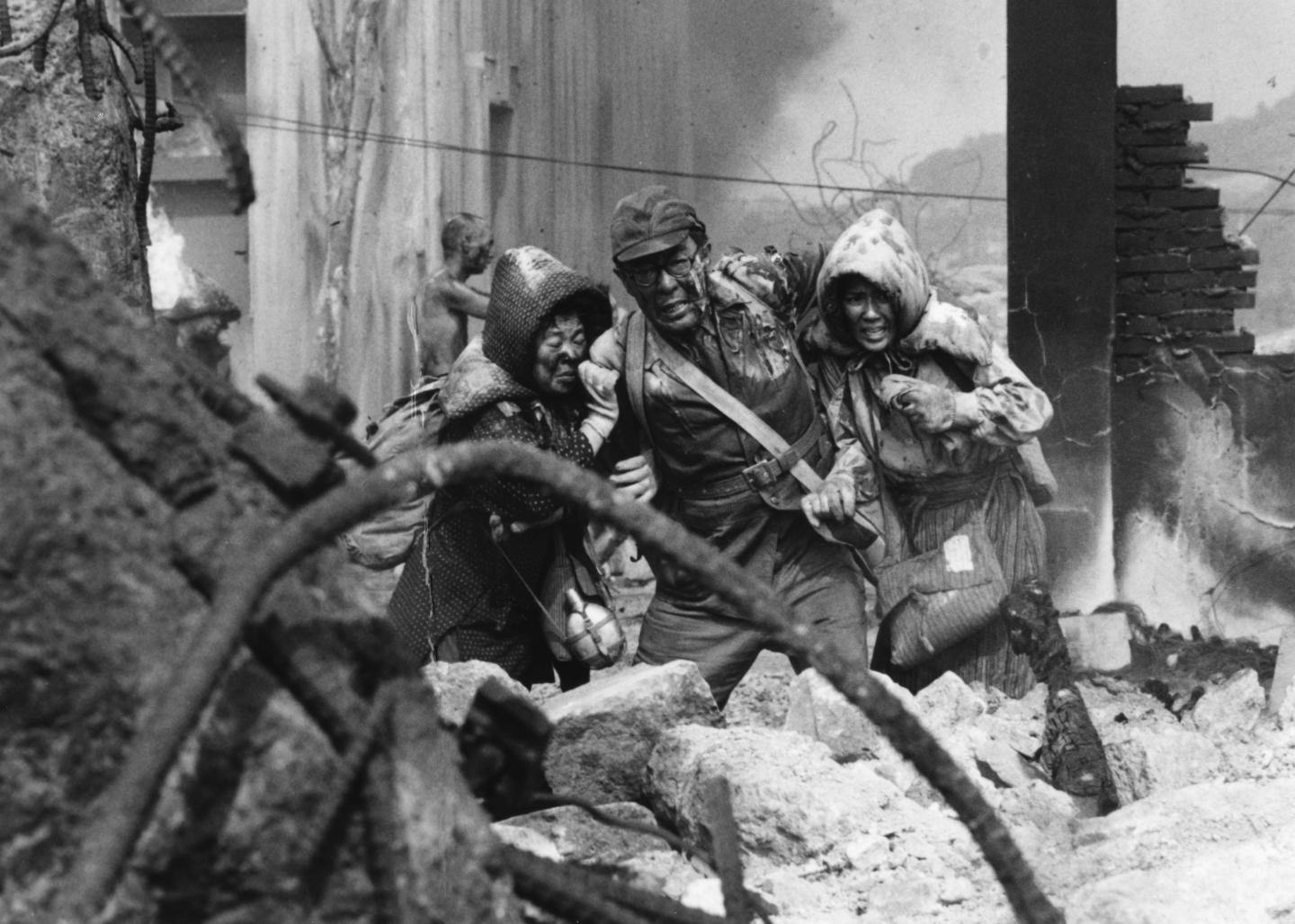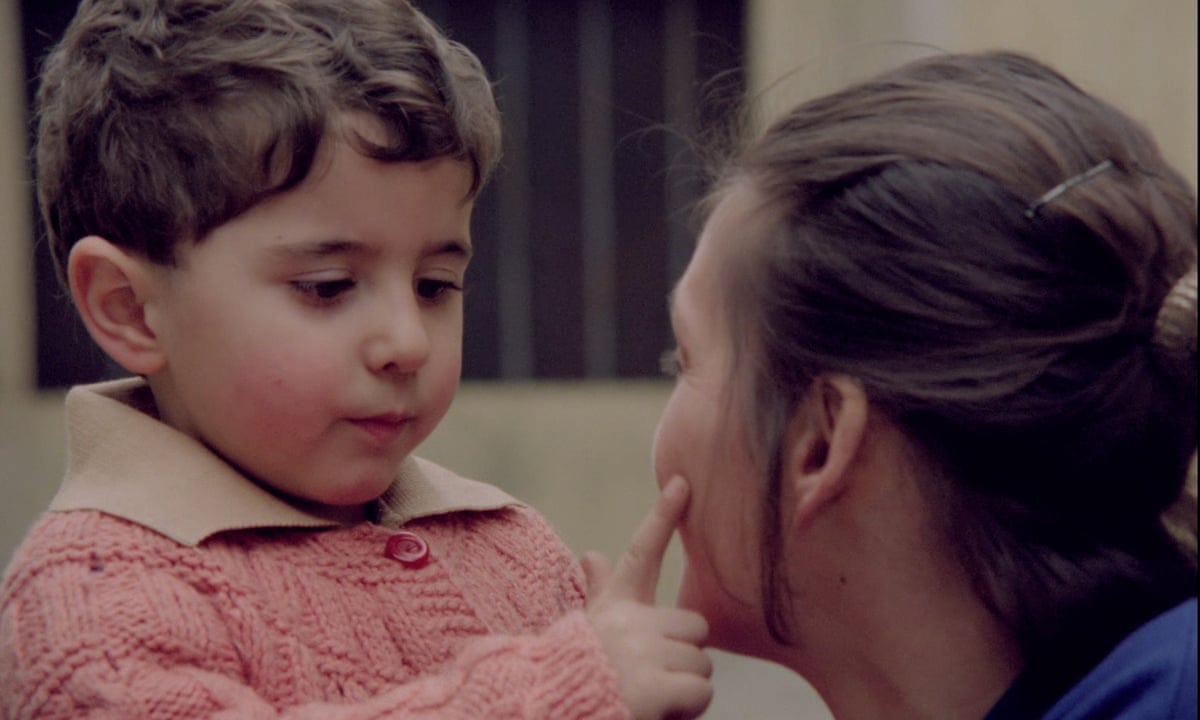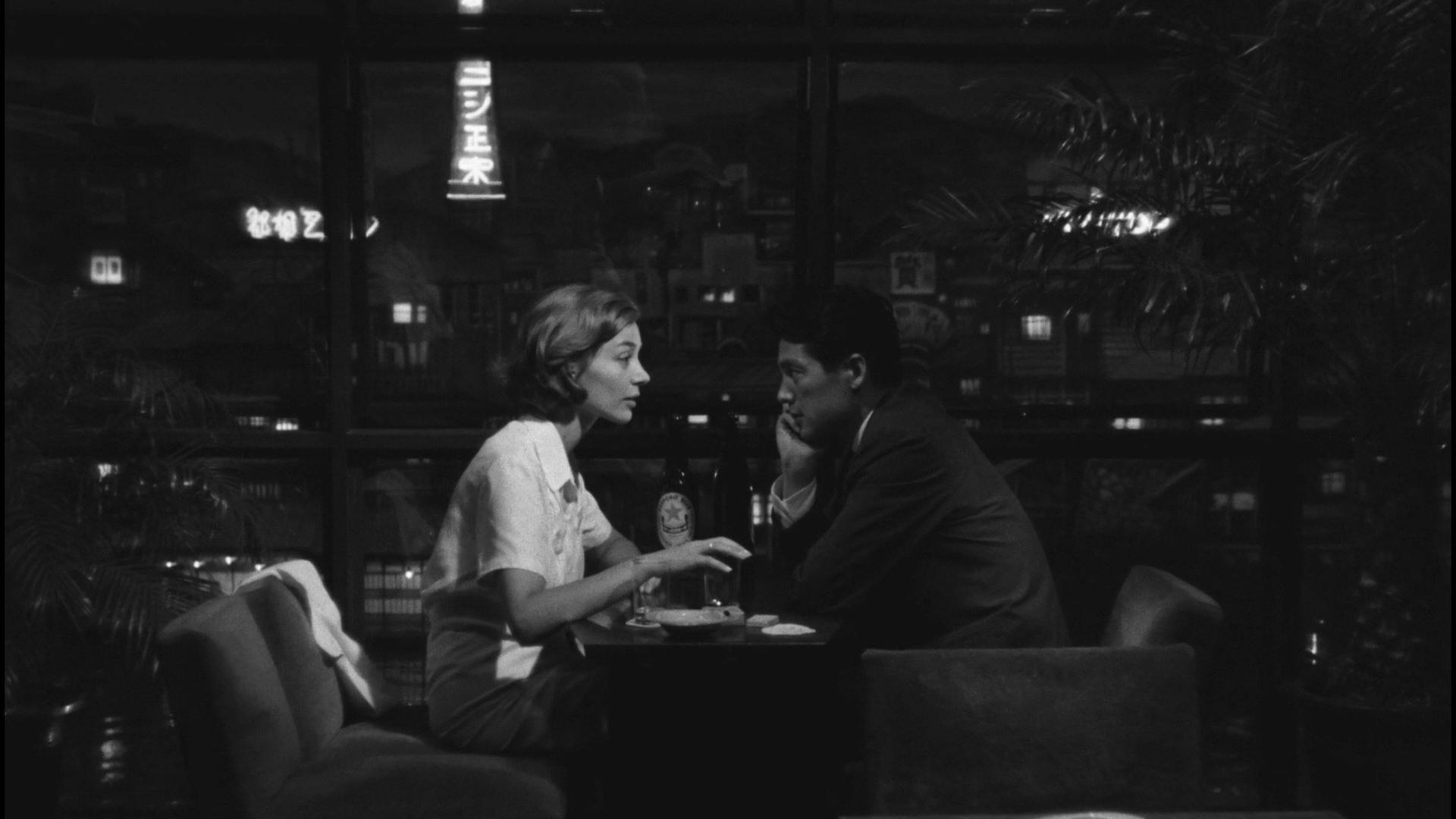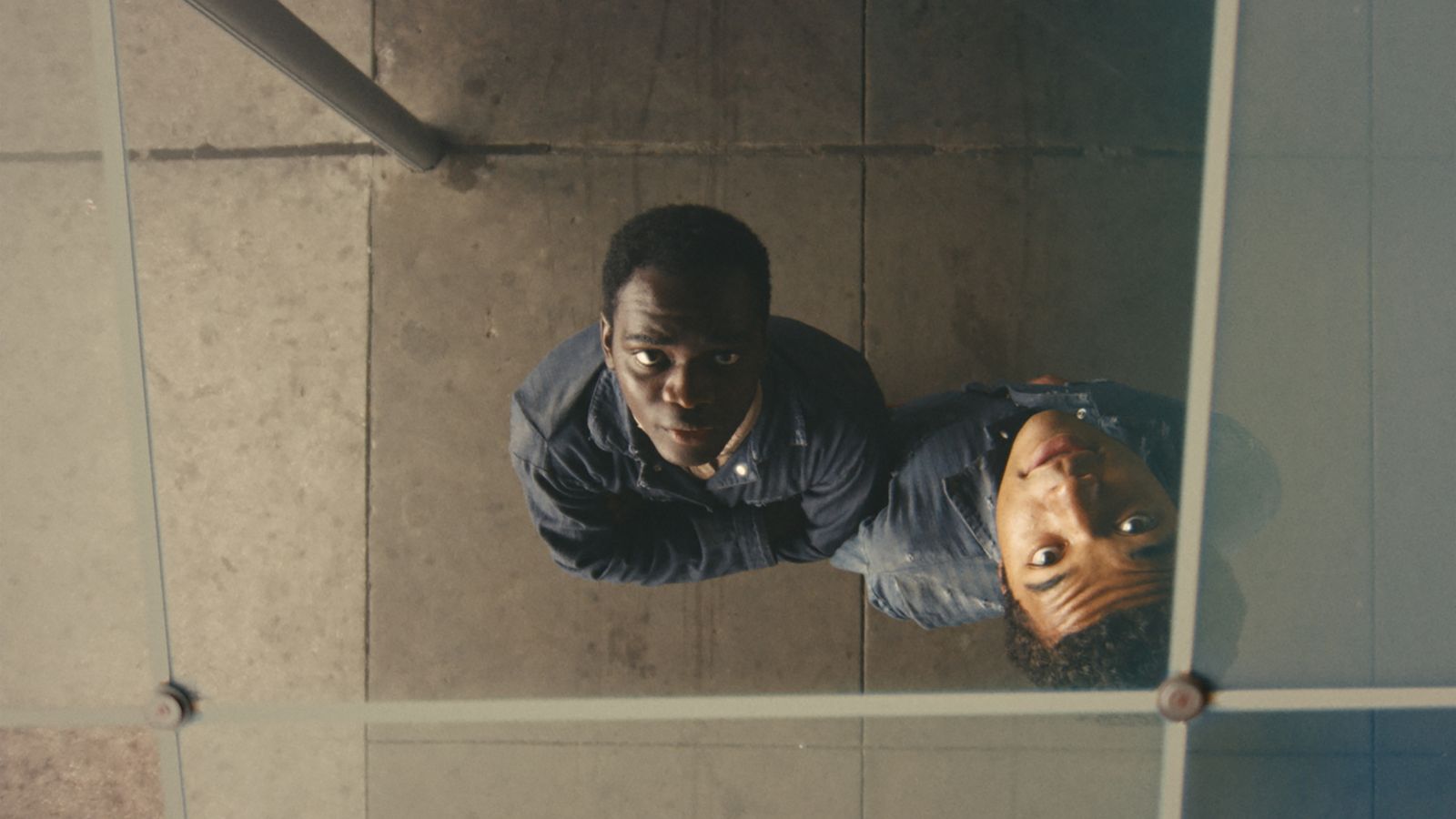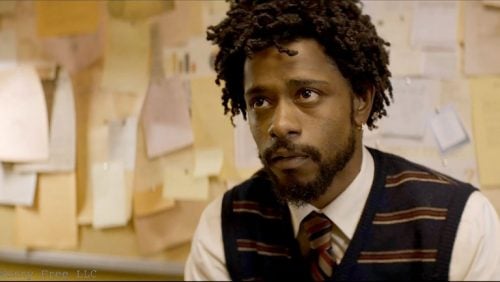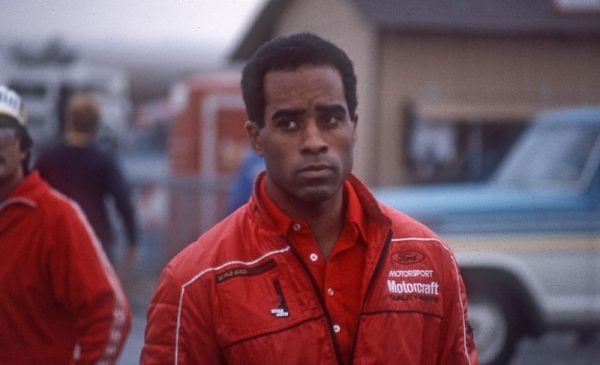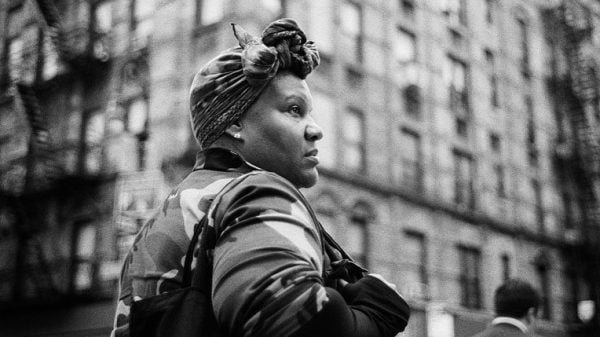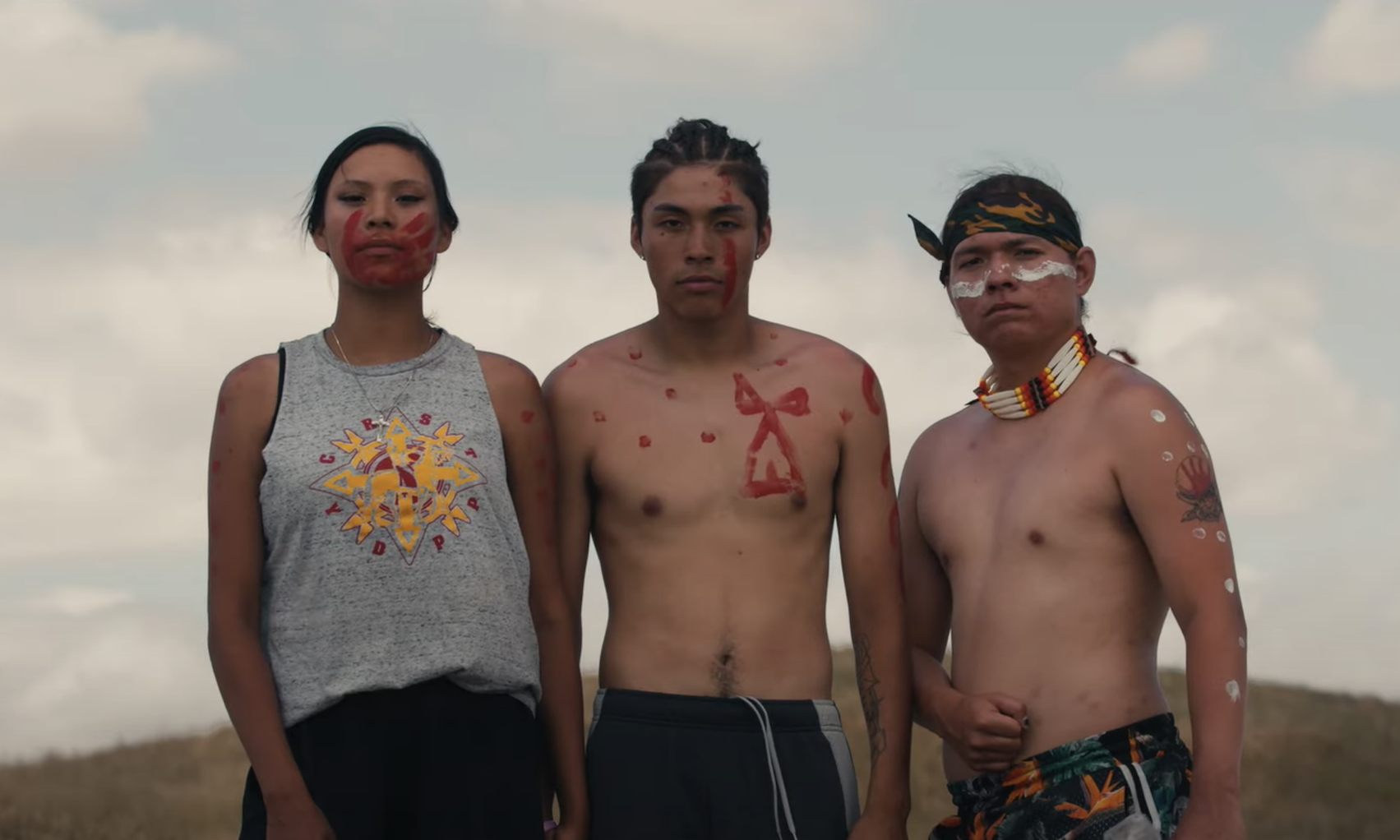
120 Best Films That Center BIPOC Experiences
February 17, 2025
Share:
It’s time to amplify the voices that have long been marginalized and bring to the forefront the rich tapestry of BIPOC experiences. Delve deep into the diverse narratives, struggles, triumphs, and resilience of Black, Indigenous, and People of Color communities. Prepare to be moved, educated, and inspired as we embark on a cinematic journey that expands our horizons and fosters empathy. These films are a testament to the beauty, strength, and unwavering spirit of BIPOC individuals, reminding us of the transformative power of cinema.
Read also:
51. Black Rain (1989)
Genres
Director
Actors
Moods
Not to be confused with the American cop thriller with the same name, Shōhei Imamura’s Black Rain is about the atomic bomb, but it’s not really concerned about nuclear warfare. Sure, the film opens with gruesome shots of the day the bomb dropped, not sparing the viewers from the gore and the titular nuclear fallout, that in black and white looks the same. And yes, much of the conflict occurs because of the lingering effects of the radiation. However, Imamura is much more concerned with the way Japanese society had tried to deal with it through going back to tradition– through going through the motions of matchmaking and propriety and social status and through excluding those who suffered directly from the bomb. Black Rain has a singular perspective, one that stands out due to the country’s denial of war crimes.
52. Don’t Let Them Shoot the Kite (1989)
Genres
Director
Actors
Moods
Originally a novel inspired by real life incarceration, Don’t Let Them Shoot the Kite is actually much more optimistic than a prison stay would seem to be. Much of that lighter mood comes from an outstanding performance– Ozan Bilen, who portrays Barış, the precocious boy that lives in the prison with his mom due to a quirk of Turkish law– but the lighter mood isn’t due to ignoring the prisoners’ reality. Instead, the lightness comes because of understanding that reality fully. Despite the suspicion of the prison guards, and the way the camera makes the prison walls loom, Barış still manages to fuel some hope through straightforward, simple truths unfiltered by the tedium and mores of everyday life, and the fear people grow to learn about. Truth truly comes out of the mouths of babes in this film, and it’s what makes Don’t Let Them Shoot the Kite a classic of Turkish cinema.
53. Hiroshima Mon Amour (1959)
Genres
Director
Actors
Moods
While initially commissioned to be an atomic bomb documentary, Hiroshima Mon Amour became something entirely different. For starters, it’s not a documentary, with director Alain Resnais recruiting author Marguerite Duras to write the screenplay, but it was pretty unusual for a narrative film at the time. It’s a love story, yes, but with such a poetic introduction of the two lovers going back and forth about what they know and don’t know about the bomb, pairing their discussion with archival footage and captivating scoring, Resnais created a new, non-linear cryptic style to capture how memory, grief, and loss irrevocably shaped a generation. Hiroshima Mon Amour was an unexpected shift, eventually becoming one of the most influential films of the French New Wave movement.
54. Nickel Boys (2024)
Genres
Director
Actors
Moods
The first things that grab your attention in Nickel Boys are its beauty and technicality. Director RaMell Ross, a large-format photographer, ensures every frame relays something deep, intimate, and moving. Then there’s how he takes these shots: we see things unfold through the POV of Elwood and Turner, students at an abusive reform school in Tallahassee, Florida. The year is 1962, and even though the civil rights movement inspires Elwood and his peers to stand up for themselves, the political climate is as skewed and violent as ever. Nickel Boys tells the unfortunately common story of how Black men, in particular, had to endure unimaginable abuse during the Jim Crow era in the South. What is uncommon, though, is the sensitivity and boundless inventiveness with which Ross tells this story. Yes, violence is unavoidable in a story like this, but Ross swaps trauma porn with something more effective and chilling—a mixture of silence, archival photographs, time jumps, and that immersive POV, which forces you to be in Elwood and Turner’s shoes. The world before them may be brutal, but inside, they hold space for beauty, fun, relationships, and wonder, manifested in the film in dreamy visual sequences. What Ross does is art in the highest form, an unforgettable balance between style and substance.
55. Sorry to Bother You (2018)
Genres
Director
Actors
Moods
In the year of the Netflix TV Show Maniac, another absurdist title stole critics’ hearts. Sorry to Bother You is a movie set in an alternate reality, where capitalism and greed are accentuated. Lakeith Stanfield (Atlanta) is a guy called Cassius who struggles to pay his bills. However, when at a tele-marketing job an old-timer tells him to use a “white voice”, he starts moving up the ranks of his bizarre society. A really smart movie that will be mostly enjoyed by those who watch it for its entertaining value, and not so much for its commentary. It is like a Black Mirror episode stretched into a movie.
56. Uppity: The Willy T. Ribbs Story (2020)
Genres
Director
Actors
Moods
“They called me uppity. Uppity n*****. And I loved it”. That’s how this excellent documentary, about the first professional black racing driver Willy T. Ribbs, starts. It summarizes the strong personality of a champion who excelled in tracks that were filled with confederate flags.
The documentary explains the details of the difficulties that Ribbs went through in the 70s and 80s, but also the people who supported him and recognized his talent. It’s by no way a sad movie, on the contrary, even when Ribbs is talking about people spitting wherever he walks or about the death threats escalating, his unharmed determination is at the center of the story.
This is an inspiring documentary about a character who never got his worth in the history books. I was full of shivers by the first half-hour mark.
57. The Forty-Year-Old Version (2020)
Genres
Director
Actors
Moods
This fun comedy-drama is about a New York playwright called Radha who never hit big. When she turns 40, she decides to reinvent herself as RadhaMUSPrime, a rapper.
And it’s all a personal affair: Radha Blank plays the main character (named after herself) and is also the writer, director, and producer.
The story is about rap and theater, but being so connected to reality, it feels like it’s about Blank making the movie itself. Its very existence feels like a triumph against the pressure of age, the misunderstanding of others, and the weight of unreached goals.
58. Mars One (2023)
Genres
Director
Actors
Moods
Mars One is a tender, wholesome drama that centers on The Martins, a family of four living on the fringes of a major Brazilian city. Their lower-middle-class status puts them in an odd position—they’re settled enough to have big dreams and occasionally lead lavish lives (the mother and the daughter like to party) but they barely have the means to pursue that kind of lifestyle. As a result, they’re always searching and wanting, aiming high but almost always falling flat on the ground.
There is no actual plot in Mars One. Instead, it studies its characters in a leisurely and almost offhand manner. The approach is so naturalistic, you’ll almost forget you’re watching a movie. But it’s still gorgeously shot and staged, Brazil being an inevitably striking background. At once gentle and vibrant, this big-hearted film is a must for those who are suckers for well-made family dramas.
Read also:
59. Tropical Malady (2004)
Genres
Director
Actors
Moods
A breathtaking and enigmatic masterpiece of Thai cinema, Tropical Maladyis a poetic and deeply philosophical exploration of human desire, spirituality, and the mysteries of nature. It follows the story of two men, a soldier and a farmer, who fall in love and embark on a journey deep into the heart of the jungle, where they encounter a shape-shifting spirit. The film’s surreal and dreamlike imagery is mesmerizing, and the performances are outstanding, especially the nuanced and subtle portrayal of the two protagonists. This film is truly a stunning and unforgettable work of art that challenges our perceptions of love, identity, and reality.
60. Lakota Nation vs. United States (2022)
Genres
Director
Actors
Moods
Using the documentary form with supreme clarity and righteous fury, Lakota Nation vs. United States distills hundreds of years of American history into two powerful, consistently engaging hours of film. The information presented in this movie has always been available to the public, but directors Jesse Short Bull and Laura Tomaselli do an excellent job at allowing these historical accounts and more recent headlines to cumulatively take on a truly emotional—almost spiritual—resonance. The enormity of the losses that Native Americans have endured physically, culturally, and economically is genuinely horrifying, and every new obstacle that the Oceti Sakowin peoples face feels heavy with the struggle of all of their ancestors before them.
Short Bull and Tomaselli stick to a generally conventional structure, but are able to weave together together personal stories and factual legal arguments through archival footage, majestic shots of the frontier, and the poetry of Lakota poet Layli Long Soldier. The whole film, then, begins to take on more of a lyrical quality—as if every tragic moment has permanently become part of the tapestry of Native life, impossible to forget and always driving efforts for reparation forward. Still the Native struggle continues, but with much more hope than despair.
Comments
Add a comment
Ready to cut the cord?
Here are the 12 cheapest Live TV streaming services for cord-cutting.
More lists
Lists on how to save money by cutting the cord.
Curated by humans, not algorithms.
© 2025 A Good Movie to Watch. Altona Studio, LLC, all rights reserved.
